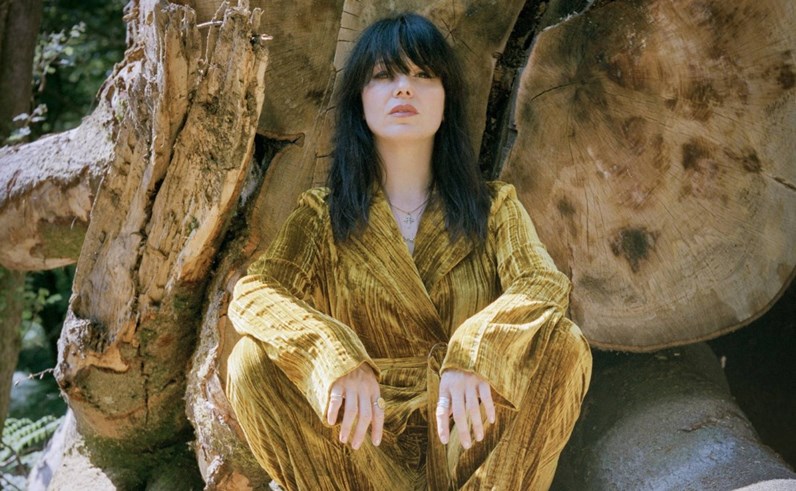Report finds for each week spent on the chart by a female act, a male act spends 11.5 weeks
 Why Not her?
Why Not her?
Report finds for each week spent on the chart by a female act, a male act spends 11.5 weeks
Words: Dylan Murphy
Today, Why Not her? collective has shared another report focusing on the Irish Singles Chart over the last twenty years and raised concerns about the lack of inclusivity in the Irish music industry.
Following the release of their gender disparity reports in 2020 and 2021, Why Not Her? have published a new report focusing on the gender and racial disparity in the Irish Singles Chart from 2000-2019.
It found that in that time period:
- For every female act that reaches the chart, 4.6 male acts reach the charts.
- For each female chart entry, there are 7 entries from a male act.
- For each week spent on the chart by a female act, a male act spends 11.5 weeks.
- 71.1 per cent of top 10 singles in the last 20 years were released by Irish male artists and bands.
- 96.4 per cent of number one singles in the Irish singles charts in the last 20 years were by white Irish artists and bands.


The report noted the success of artists like CMAT who became the first ever ‘solo female artist’ to reach number one in the homegrown charts, Irish Women in Harmony who became the ‘first ever female band and bipoc diverse/inclusive act’ to reach the number one spot in the homegrown charts and also highlighted that in March 2021 for the first time in Irish chart history females outnumbered men in the chart 11 to 9.
Additionally, it welcomed the fact that RTÉ 2FM reached 50/50 gender parity after nine months, following the lead of RTÉ Radio 1 and in March 2021 they noted that in direct correlation with increased airtime and playlisting the the Irish Homegrown charts had the highest amount of female charting artists in their top 10 and 20.
Despite the recent successes, the latest report mapping the startling figures from the last twenty years and the two gender disparity reports in 2020 and 2021 highlight the systemic exclusion of womxn and BIPOC.
The report also highlighted the effect this exclusion has for non-cis white males, noting that radio play and playlisting is essential to furthering one’s career, landing festival slots and securing record deals.
Imelda May recently became the first Irish female since 2016 to reach number one in the Official Irish Albums Charts and speaking on the report she said:
“As expected this report is alarming. It puts outstanding artists at an immediate disadvantage merely for being female. How can a female artist have her music heard if she’s not played? How can a female artist reach chart success if people aren’t even aware her music exists?
I’m well aware of the answers to these questions as I’ve had those struggles and with immense workload and sheer determination I’ve overcome with the knowledge I’m pushing ahead for all of us seeking equality in music. I wanted my success to prove a point that it can be done but my God it should not be so difficult or biased.”
I simply want to hear talented artists with the ability to connect with me and move me. Musicians and writers are storytellers. We are a supportive community of women and men that already co-exist but only one half get proper AirPlay. I’m eager to hear all voices that speak to me regardless of gender, age, race or sexuality. Aren’t you? Art is art is art”.
Meanwhile, founder of Why Not Her? Linda Coogan Byrne said:
“We are tired of hearing the same homogenised sonic landscape on Irish radio and across the Charts. With the dissolving of the BAI this summer, now more than ever it is the right time to call for the enforcement of broadcasting license conditions where equality, diversity and inclusion is at the forefront and reflects Irish society and our modern Culture.
If we cannot see it we cannot be it. Look at what the BBC 50/50 Equality Project have done, they are setting the course for everyone to follow. We see a broad and diverse array of broadcasters and artists/bands across their playlists since we worked on the same campaign in the UK last year. Why are Irish broadcasters so slow to the draw?
Regular monitoring needs to be done and paid for by the government. Everything we have done has been unpaid and voluntary. But we will not stop asking the question Why Not Her? Because we have had enough. Haven’t you?”
You can read the full report here.
Elsewhere on District: Living Hell 013: This should be illegal.
